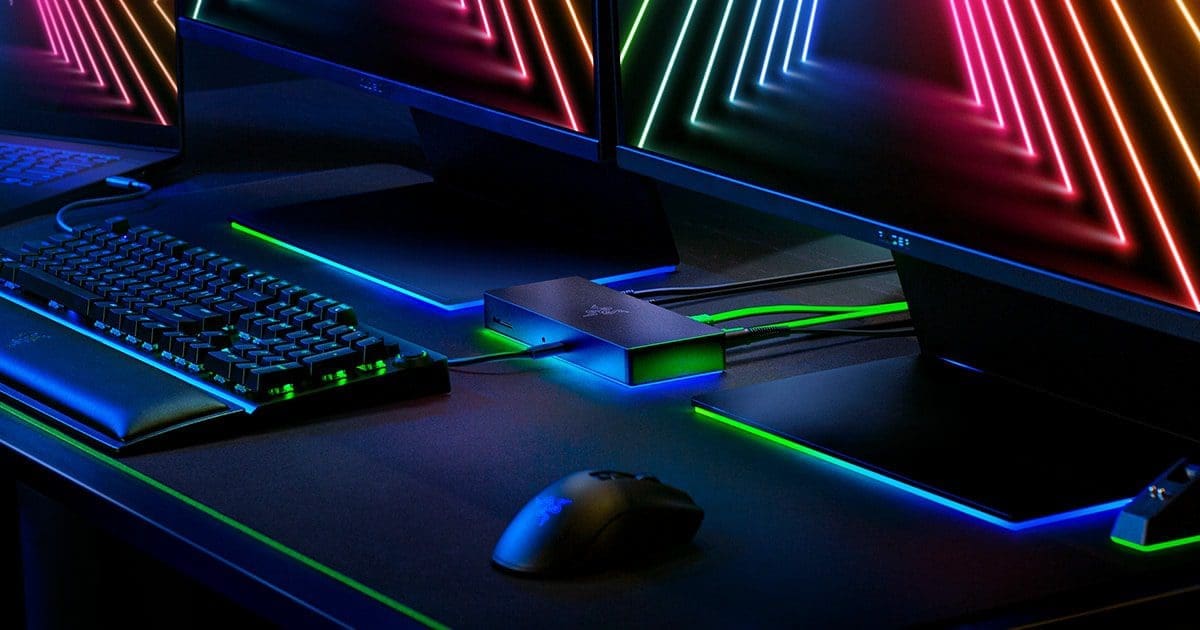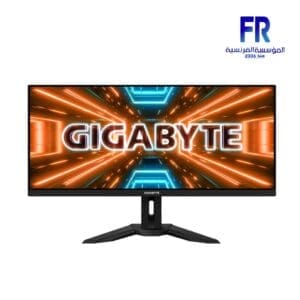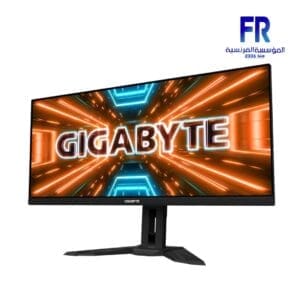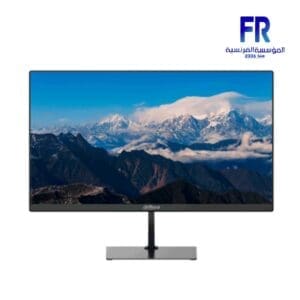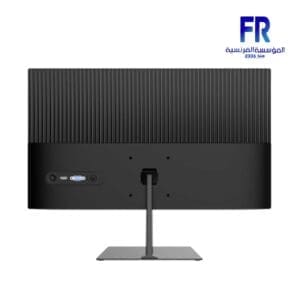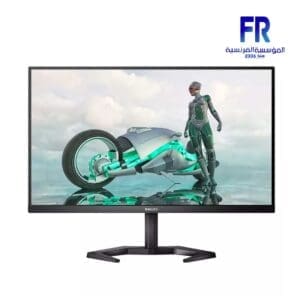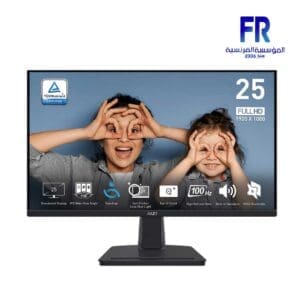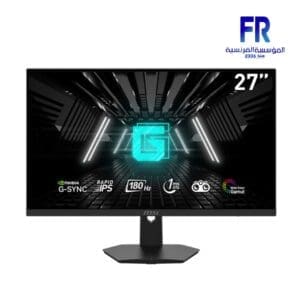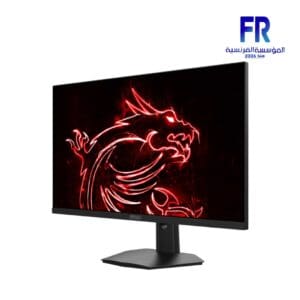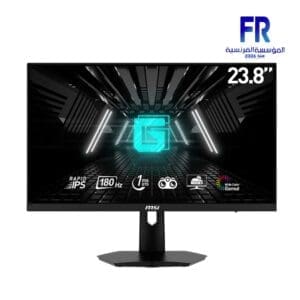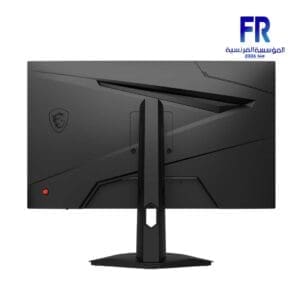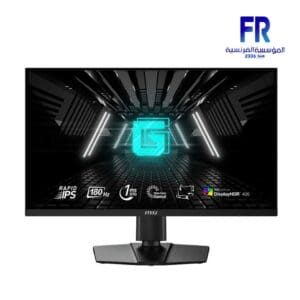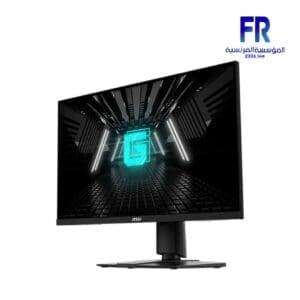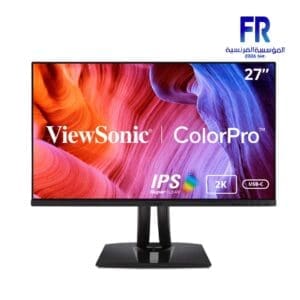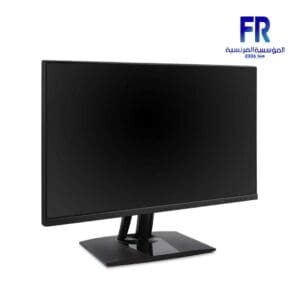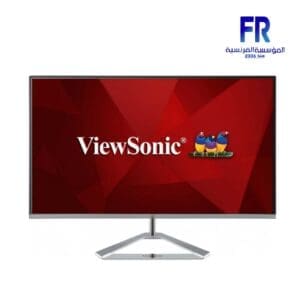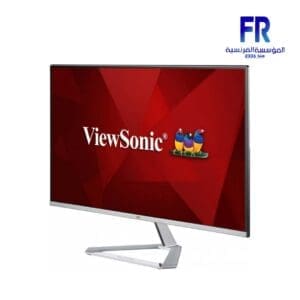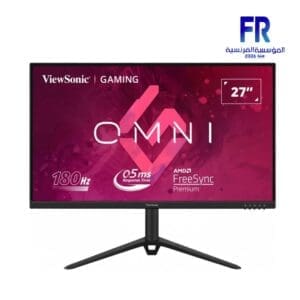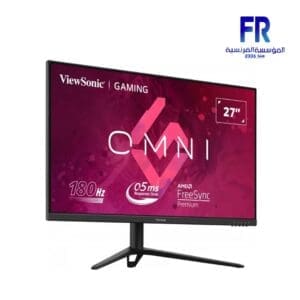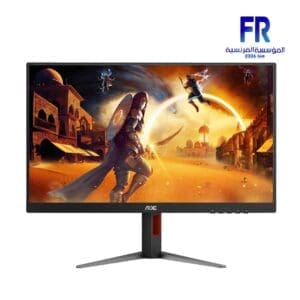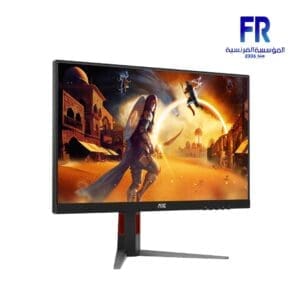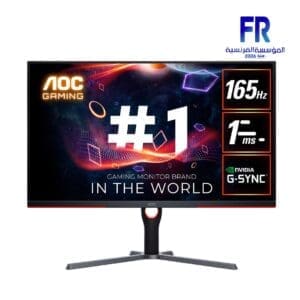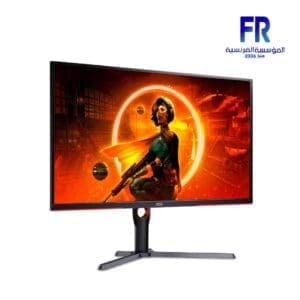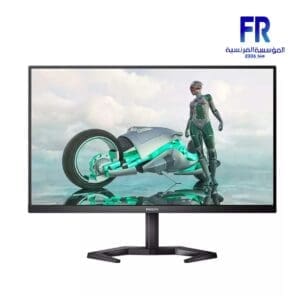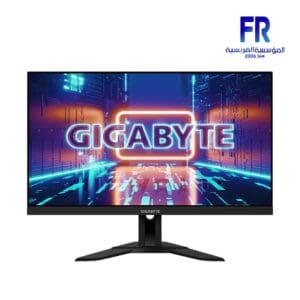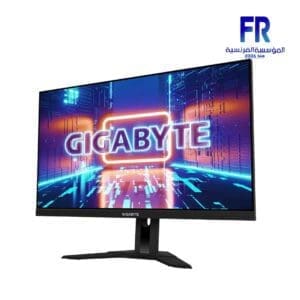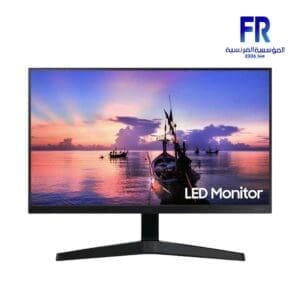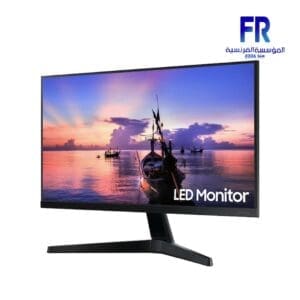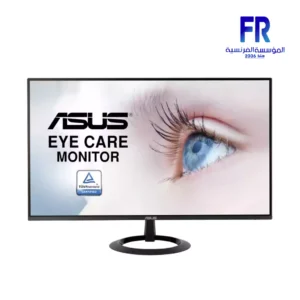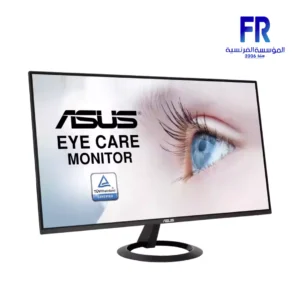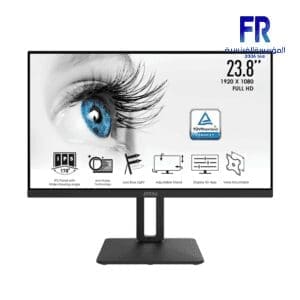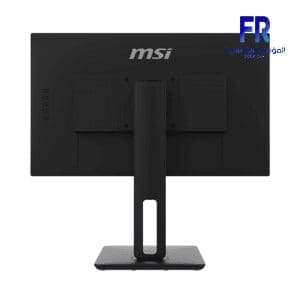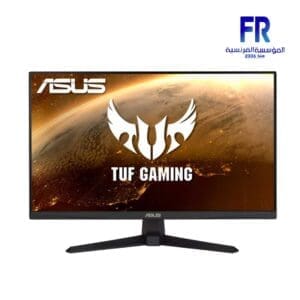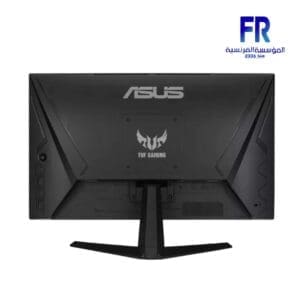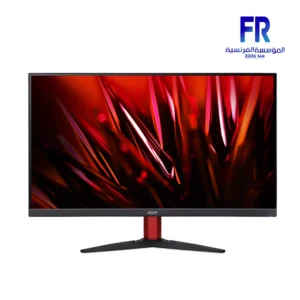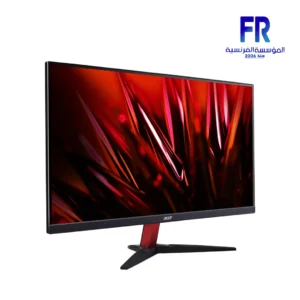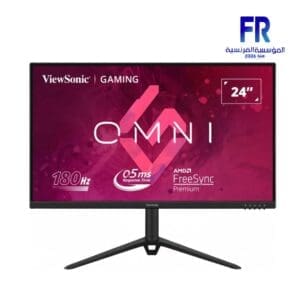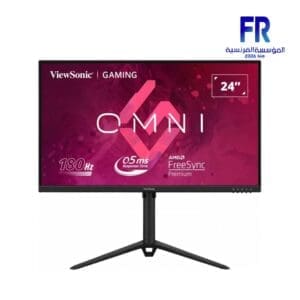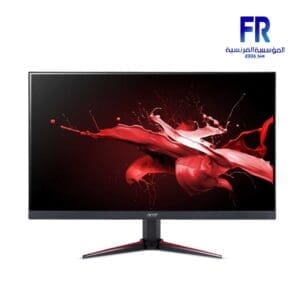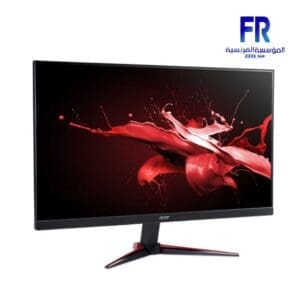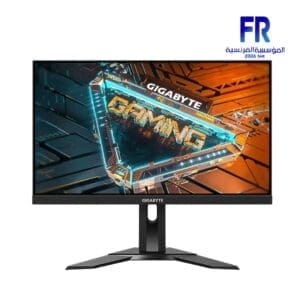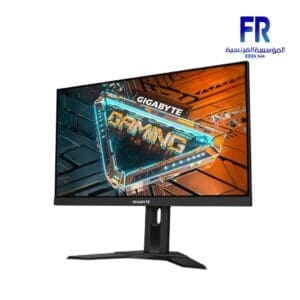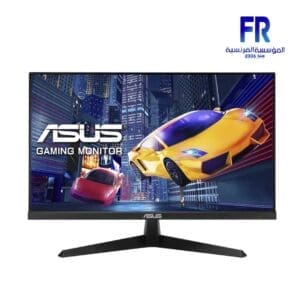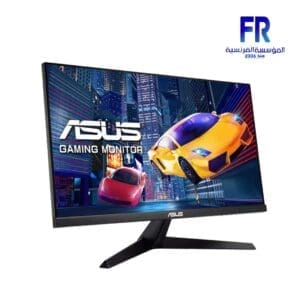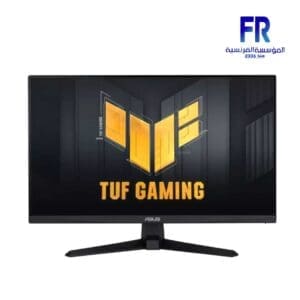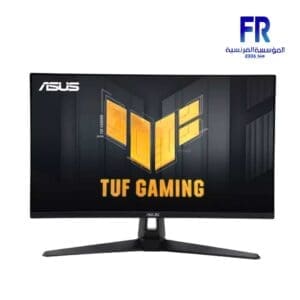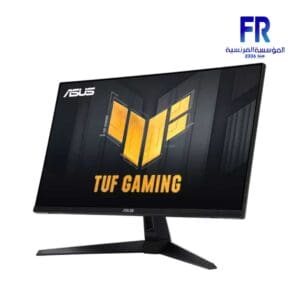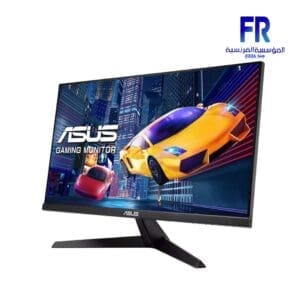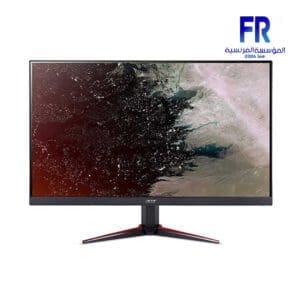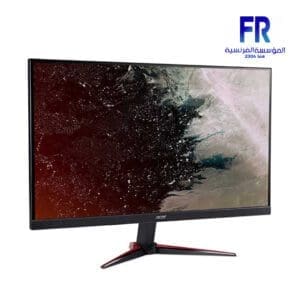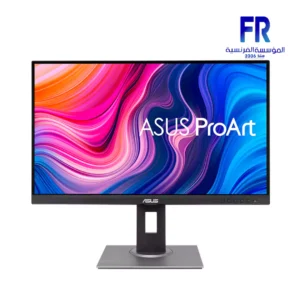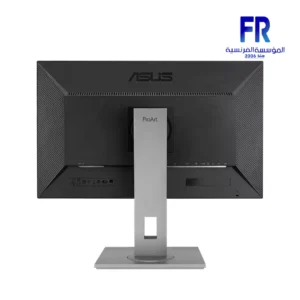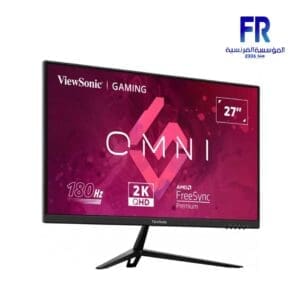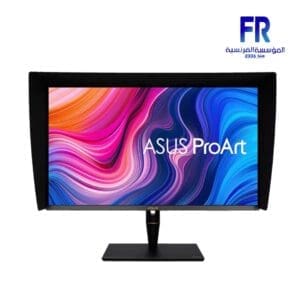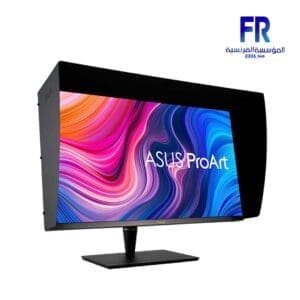IPS stands for In-Plane Switching, a type of liquid crystal display (LCD) panel technology that offers superior image quality compared to traditional TN (Twisted Nematic) and VA (Vertical Alignment) panels. IPS panels are known for their wide viewing angles, accurate colors, and fast response times.
Advantages of IPS Panels
Wide viewing angles: IPS panels offer consistently accurate colors and brightness even when viewed from extreme angles, making them ideal for multi-user applications and large-screen displays.
Accurate colors: IPS panels produce a wide color gamut, resulting in more vibrant and realistic colors compared to TN and VA panels. This makes them well-suited for professional applications like graphic design and photo editing.
Fast response times: IPS panels have improved response times in recent years, reducing ghosting and blurring in fast-paced action scenes. While still slightly behind TN panels in this regard, IPS panels are now suitable for most gaming needs.
Disadvantages of IPS Panels
Higher cost: IPS panels are generally more expensive than TN and VA panels due to their more complex manufacturing process.
Slightly higher power consumption: IPS panels consume slightly more power than TN panels, but the difference is minimal in most cases.
Potential for backlight bleeding: Some panels may experience backlight bleeding, where light leaks from the corners or edges of the screen. This is more common in lower-quality panels and can vary from unit to unit.
Applications of Panelspanels are widely used in various applications due to their superior image quality and wide viewing angles. They are commonly found in:
High-end monitors: panels are the preferred choice for high-end monitors used by professionals and enthusiasts alike.
Laptops:
are becoming increasingly common in laptops, especially those aimed at creative professionals.
Tablets and smartphones: panels offer a significant improvement in image quality compared to TN panels, making them a popular choice for premium tablets and smartphones.
Televisions:
panels are used in some high-end televisions, particularly those marketed for their color accuracy and wide viewing angles.
Overall, panels offer a superior visual experience compared to TN and VA panels, making them a worthwhile investment for those who demand the best image quality. While slightly more expensive, panels provide a wide range of benefits that justify their cost.


